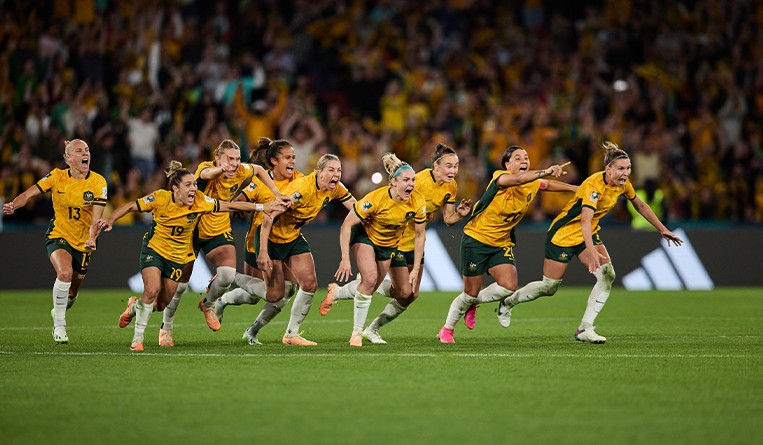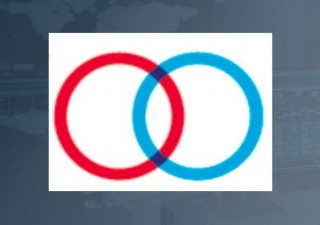Australia adds Matildas World Cup matches to its anti-siphoning list
22 September 2023

Photo: CommBank Matilda/ Facebook
The Australian federal government has put upcoming FIFA Women's World Cup matches, including the Matildas national team on its anti-siphoning list to secure free-to-air (FTA) coverage in Australia.
Due to the nation’s anti-siphoning laws, some important events’ rights cannot be purchased by subscription operators before FTA television broadcasters have a chance to do so.
The men’s Socceroos national team’s FIFA World Cup games are already included on the list as part of an earlier change. The list now contains all contests involving the senior Australian squad for both competitions, including the championship game and any home-court qualification contests.
-content_original.jpg)
Emma Johnsen, Senior Associate, Marque Lawyers , Sydney
“The intended purpose of the anti-siphoning scheme is to stop pay television broadcasters from buying rights to events that are on the anti-siphoning list, unless free-to-air broadcasters have purchased, or have had the opportunity to purchase, the rights to those events,” said Emma Johnsen, a senior associate at Marque Lawyers in Sydney. “The intention that key sporting events, that are considered of cultural significance, should be available for free to the general public and not siphoned off to pay TV. The anti-siphoning list is contained in Australia’s Broadcasting Services Act and contains events such as a certain domestic football games (such as AFL and NRL finals) and various international matches in cricket, soccer and rugby. The Matildas success during this year’s World Cup was unprecedented, with the Matilda semifinal against England becoming the most-watched TV broadcast of any genre since the current measurement system was introduced in 2001. The updates to the anti-siphoning list came only four days before the deadline for Australian broadcasters to bid for the rights to the 2026 men’s FIFA World Cup and the 2027 FIFA Women’s World Cup.”
She added: “The copyright owners or licensors of the broadcast sell the rights and broadcasts rights are big money. The anti-siphoning list affects the nature of the bids made by broadcasters who wish to obtain the rights as well as how and where the rights are exploited.”
However, streaming providers like Stan and Optus Sport are not yet included in the anti-siphoning list. While the 2023 FIFA Women’s World Cup was broadcast on pay TV operator Optus Sport and free-to-air broadcaster Seven Network, Optus Sport had secured exclusive domestic rights to the 2023 Women’s World Cup in Australia and New Zealand.
Due to the fact that streaming services are exempt from the anti-siphoning regulations, Optus Sport could have held onto its exclusive access and aired all games only on the subscription platform under the anti-siphoning scheme. However, Optus signed a carriage deal with Seven Network to offset costs, avoid negative publicity and ensure there was not reduced viewership.
“Also, it’s worth noting for completeness that FIFA included minimum Free-to-Air broadcast obligations in the agreement with Optus, which required Optus to sub-license a certain number of matches to a FTA network,” said Johnsen. “It is hard to say what this move, in isolation, will impact other sporting events for broadcast – as the anti-siphoning list was, and remains, a hot topic for debate because it has not yet been updated to include all streaming services and is somewhat outdated. The government has undertaken a review of the anti-siphoning scheme, and a major focus of that review has been on subscription streaming services such as Kayo, Stan, Amazon and Optus, and anti-siphoning regulations do not restrict those services from bidding, despite the fact they use a paywall.”
She added that there is a broader debate about the number of people watching free-to-air TV as viewership of linear networks continues to decline year on year. If the purpose of the listing requirements is to maximize accessibility for events of national significance, consideration should be given as to how this purpose is achieved, considering the manner in which viewers are consuming content, she said.
“There is a balance to this which is that the importance of these events is linked to elite sporting performance. Elite performance is ultimately a financial equation, and the biggest single contributing source of funding to the global sports economy is the rights fees paid by subscription broadcasters and streaming services,” continued Johnsen. “The willingness of consumers to pay to watch subscription services is driven by how compelling the sports content offered by the service. If the listing requirements reach too far, there is a chance that pay TV subscription services will cease to exist as all the content is on free-to-air TV.”
According to her, free-to-air TV advertising spend has been declining year on year for a decade as advertiser shift their spend to online videos. Thus, there is currently no replacement business model for the rights fees injected into sport by pay TV services. As a result, an overreach of the anti-siphoning regulations could mean that “there may be a risk that Australian national teams will struggle to compete on a global stage because of reduced funding for the very sports that the listing seeks to protect.”
- Excel V. Dyquiangco






